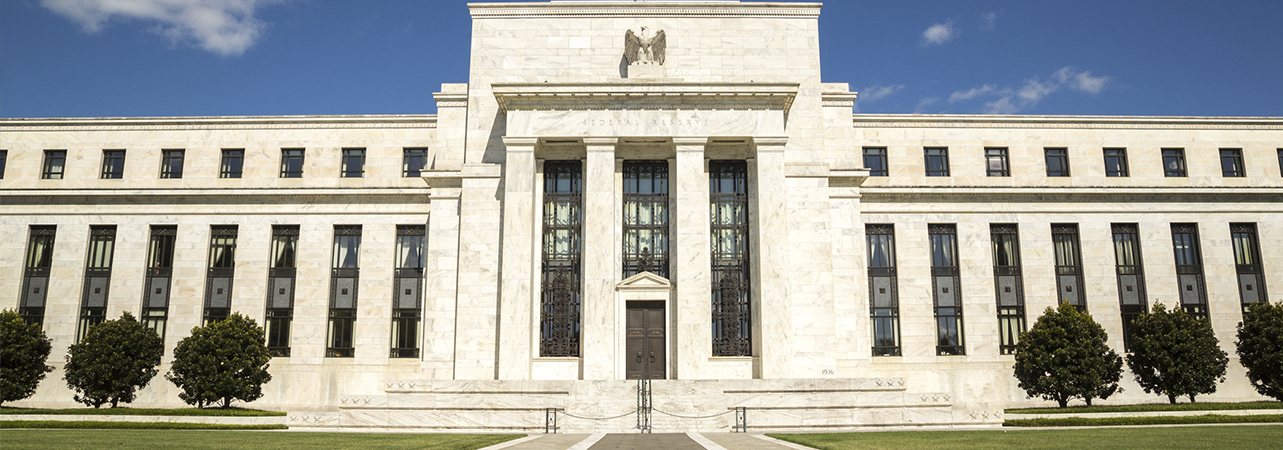This week’s turmoil in markets is premised on the view that the US might be heading for recession – is that plausible?
- Stock markets have sold off significantly over the past week on US recession fears
- The trigger has been weak jobs data and fears the Federal Reserve may have left it too late to cut rates
- However, the pattern of the sell-off suggests that the inflated technology sector valuation may be more of a problem
It has been a tough week in markets. The week started with ‘meltdown Monday’. Many expected for it to be quickly followed by ‘turnaround Tuesday’, but a full-blown recovery has not yet materialised. The correction has been painful, with the market falling roughly the same amount as in the 1987 stock market crash within just a few days.
The immediate trigger was a weak jobs report, which showed the US economy added just 114,000 jobs in July, significantly below consensus. At the same time, unemployment tipped higher to 4.3%. This triggers the “Sahm Rule”. This is the observation that the US economy has always entered recession if the unemployment rate (using a three-month moving average) experiences a trough-to-peak increase of 0.5 percentage points within a 12 month period.
It came just after the Federal Reserve announced that it would not cut rates. Fears grew that it was behind the curve, and had allowed recessionary pressures to build. Initial nerves beget full-blown panic. The Nasdaq was particularly hard hit, and is down 7.4% over the last five days. Falls in other markets around the world were more moderate. The FTSE 100, for example, was down just 2.4%. The Eurostoxx was down 4.2%.
This may give the biggest clue to the reality of the situation. The problem is not that recession has become particularly likely. Employment statistics are volatile, and the Federal Reserve has left itself plenty of room to manoeuvre. An interest rate cut in September (strongly hinted at by Fed Chair Jerome Powell in the last meeting) is likely to sort things out, and if it doesn’t, well, there is scope for more.
The problem is less an imminent recession, and more that certain parts of the US market – and the technology sector in particular – were priced for perfection. A slew of mediocre earnings data, plus a marginally less benign economic environment, conspired to send share prices tumbling. Elsewhere, the problem has been one of mild contagion, but the real issue is the inflated US technology sector. The bubble may finally have burst.
That is not to say there aren’t risks in the US. The bloated deficit, a polarised election and social unease. The economy is losing momentum. A recession may be more plausible than it was a few months ago. However, it is still not the most likely scenario and the Federal Reserve has the firepower to swerve it.









